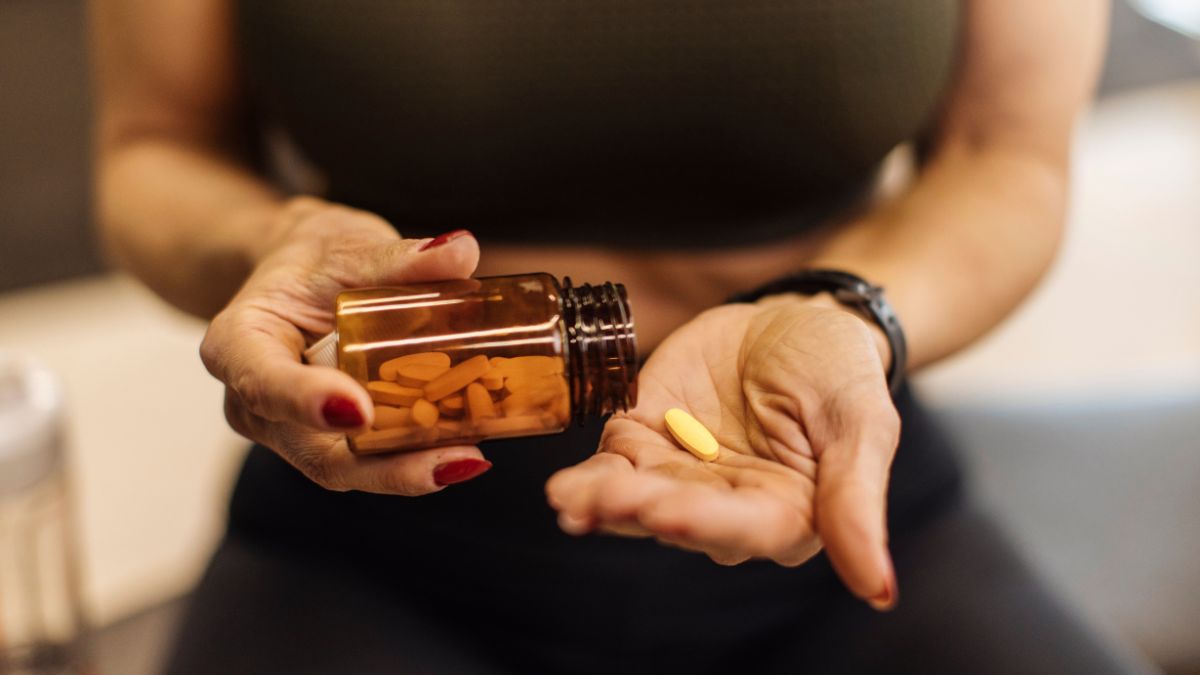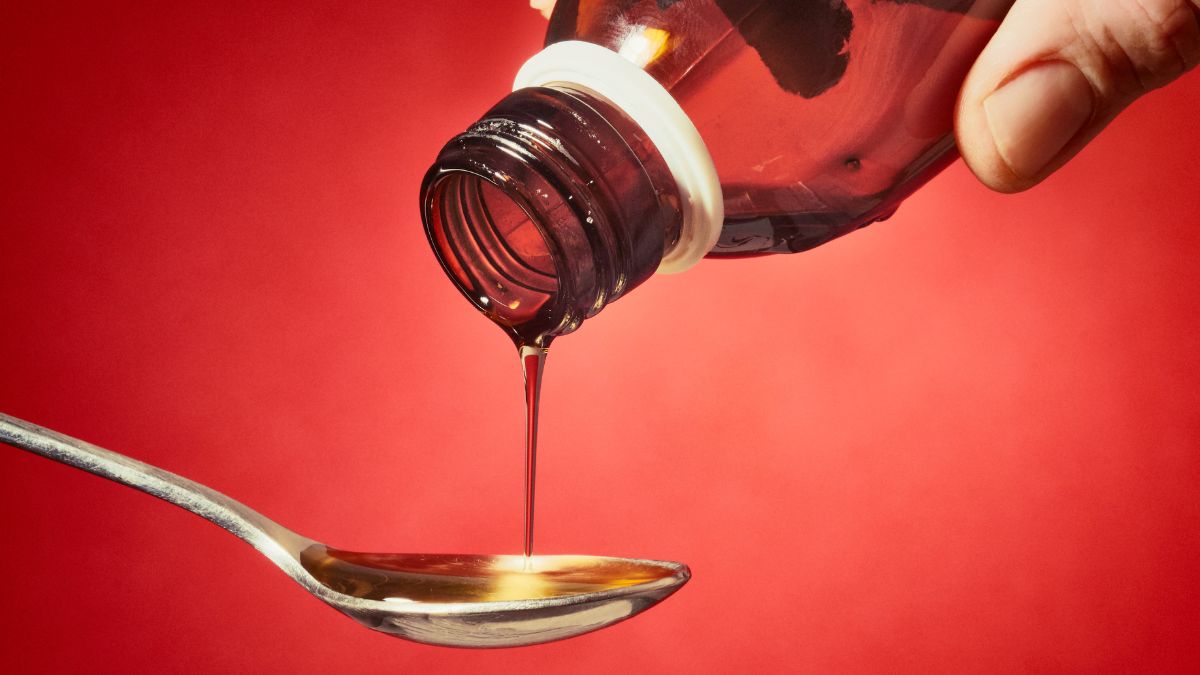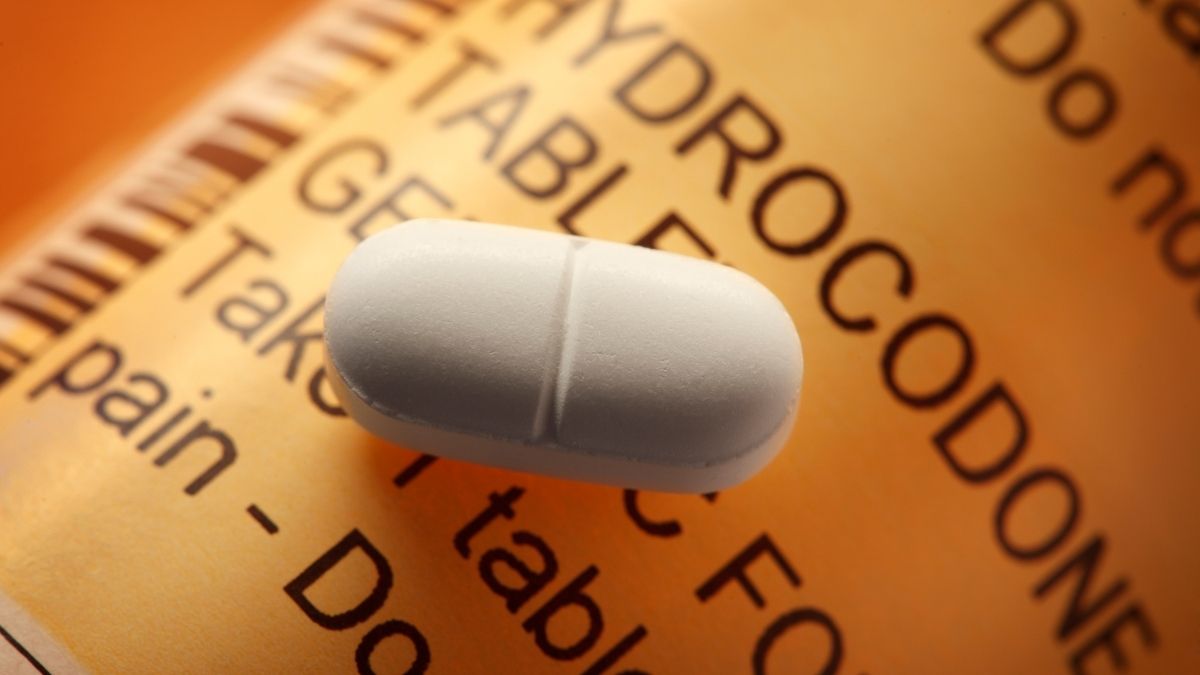If you are taking melatonin supplements for an improved quality of sleep, they are mostly safe. But can you take melatonin with alcohol? When you mix melatonin and alcohol, there are some short and long-term risks you need to be aware of. In this article, we will explore them all.
What Is Melatonin and How Does It Work?
Melatonin is one of the most crucial hormones produced by our bodies. It regulates your biological clock or the circadian rhythm. This means it plays a role in your sleep pattern. Your body generally produces melatonin after sunset, and its production peaks between 11 PM and 3 AM.
However, sometimes, melatonin is also used as a nutritional supplement to treat sleep-related conditions. It has a hypnotic effect and increases your quality of sleep. Melatonin supplements are available over the counter, and you can get it in almost every pharmacy and other stores.
Call Design for Recovery to Begin Your Healing Journey!
Reach out to our team to discuss sober living options and next steps toward a healthier routine.
Effects of Alcohol on Sleep Quality
Alcohol is a central nervous system (CNS) depressant. It slows down your brain activity and relaxes you. However, as a psychoactive substance - it also changes your brain chemistry and functioning. In general, alcohol can make a person feel sleepy, but it also targets your melatonin production and reduces it. This means it can reduce your quality of sleep and lead to other health conditions.
What Happens If You Take Melatonin With Alcohol?
So, you might be wondering is it safe to take melatonin with alcohol - that is, if alcohol reduces melatonin content, then taking melatonin supplements must suffice. Unfortunately, this is not the case. Mixing melatonin and alcohol has side effects that can impede your functioning and lead to dangerous consequences because of extreme drowsiness, lightheadedness, impaired functioning, and anxiety.
The reason for this is twofold:
- Melatonin increases the sedative effects of alcohol, making you feel extremely drowsy or dizzy. This can make daily tasks like walking or driving dangerous.
- Melatonin does not counteract the effects of alcohol to increase your sleep quality, as alcohol disrupts your rapid eye movement (REM) sleep, and melatonin does not have an effect on REM sleep. REM sleep is needed to rejuvenate your body.
Also, Read: Mixing Ambien and Alcohol
Contact Design for Recovery Today!
Fill out our quick form to connect with a peer mentor and learn how our sober living community supports accountability, structure, and personal growth in recovery.
Potential Risks and Side Effects of Combining Melatonin with Alcohol
If you are wondering can you take melatonin after drinking alcohol or even combine it with alcohol, then it has some serious complications and side effects you need to be worried about:
- Flushed skin
- Swelling in the feet
- Chills or shivering
- Heart arrhythmias
- Breathing troubles
- Impaired focus and cognition
- Loss of consciousness.
The main reason to think here is - why are you taking melatonin? If it is to treat poor quality of sleep or other sleep disorders like insomnia or sleepwalking, then melatonin is just like a band-aid on the wound. It does not treat these conditions. You need to contact your doctor for a comprehensive treatment of these sleep conditions to improve your quality of sleep.
Tips for Safe Sleep Without Mixing Alcohol and Melatonin
If you are looking to increase your sleep quality, then here are some safe sleep strategies that neither involve alcohol nor melatonin:
Establish a consistent sleep pattern. Experts suggest a good night’s sleep of 7-9 hours for your mind and body to feel well-rested and rejuvenated.
If you are someone who is finding it difficult to fall asleep at the same time daily, then we urge you to follow some bedtime routines to help with this:
- Do not drink caffeine or alcohol before going to bed. This goes for other psychoactive substances, too.
- Avoid digital devices for one hour before going to bed.
- Engage in relaxing exercises like deep breathing exercises at least 30 minutes before going to bed. This relaxes you and prepares your body for sleep.
- Focus on creating a relaxing sleep environment as well. Keep your room dark, cool, and quiet before you go to sleep.
- Ensure you get some amount of sunlight exposure during the day, as this will regulate your sleep-wake cycle better.
- Maintain a certain level of physical activity during the day by incorporating physical exercise into your routine. Physical exercise of at least 30 minutes per day is recommended.
- Eat a well-balanced diet - incorporate lots of fruits and vegetables in your diet and cut down on processed foods.
However, if you still want to take melatonin supplements - there is no harm in this. But remember, it takes 5-10 hours for melatonin to leave your body. So, during this time, do not consume any drinks. For instance, if you consume melatonin during the night, then it is mostly safe to take alcohol later the next day. But do not consume alcohol with melatonin or anytime within 5-10 hours.
However, we understand that sometimes this is easier said than done. Alcohol use disorder (a substance use disorder or addiction) is characterized by tolerance and dependence on alcohol - therefore, if you are struggling to control your alcohol use, do not delay seeking the care you need and deserve any longer. There are immediate care options available for you, as alcoholism is treated in both inpatient and outpatient settings with detoxification (detox), psychotherapy, medication management, 12-step recovery programs, and social support involving Alcoholics Anonymous. You can also enter into a sober living home to relax and focus on your recovery away from all familiar triggers and temptations.
When to Consult a Healthcare Professional About Sleep Issues?
The odd sleep troubles are nothing uncommon. In today’s fast-paced life, there are times when we all have difficulty falling asleep or staying asleep sometimes. However, when your sleep troubles are leading to insomnia, sleepwalking, sleep apnea, narcolepsy, or other such conditions that are impeding your daily functioning and quality of life or even jeopardizing your safety, then it is important you consult your doctor right away. You can also speak to licensed and trained mental health providers who can treat sleep disorders with psychotherapy, counseling, and medication.
- What Is Melatonin and How Does It Work?
- Effects of Alcohol on Sleep Quality
- What Happens If You Take Melatonin With Alcohol?
- Potential Risks and Side Effects of Combining Melatonin with Alcohol
- Tips for Safe Sleep Without Mixing Alcohol and Melatonin
- When to Consult a Healthcare Professional About Sleep Issues?
Begin Lasting Sobriety Now!
Frequently Asked Questions
Melatonin can stay in your system for around 4 to 5 hours. However, certain factors like age, the melatonin dose, and whether it is a fast or extended-release formulation can affect how long melatonin stays in your body.
For young children, 1 mg to 5 mg may cause complications such as seizures and other complications. Please note that young children should only take melatonin if advised by a doctor.
For adults, the safe range is between 0.2 mg to 10 mg. Anything beyond 10 mg is not recommended and may cause an overdose.
There isn’t currently a definitive best dosage for melatonin, but a good rule of thumb is “less is more.” The standard dose for adults in scientific studies typically ranges between 1 mg to 10 mg. However, some people are more sensitive to melatonin so if you’re just starting out, it’s best to start small.
Try taking 0.2 mg to 3 mg before bedtime before moving up slowly and carefully if you find that it results in better sleep and minimal side effects. Be sure to speak with a healthcare professional for medical advice if your sleep problems persist.
While melatonin supplement is relatively safer than other sleep aids, you can still overdose on it. Taking too much melatonin can disrupt your sleep cycle and cause unwanted side effects. You should not take more than 10 mg as this can be considered harmful.
It’s also important to note that certain people may be more sensitive to the effects of melatonin and can experience side effects on doses that appear safe to others. Always be on the lookout for side effects, and follow professional medical advice.
https://www.hopkinsmedicine.org/health/wellness-and-prevention/melatonin-for-sleep-does-it-work
https://www.cdc.gov/alcohol/about-alcohol-use/index.html
https://www.niaaa.nih.gov/publications/brochures-and-fact-sheets/understanding-alcohol-use-disorder
https://www.psychiatry.org/patients-families/sleep-disorders/what-are-sleep-disorders







Written By
David Beasley